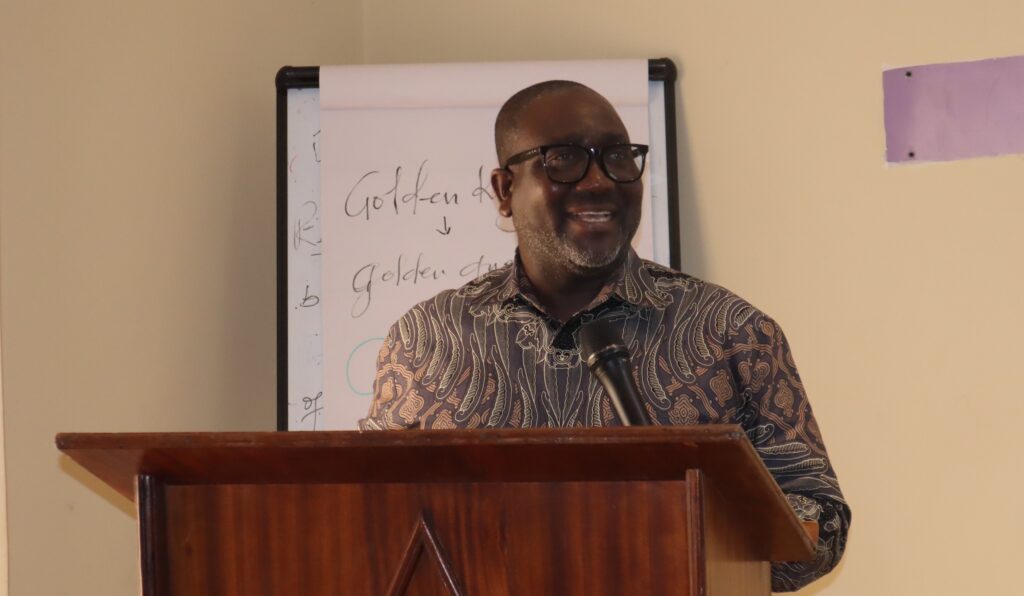The Executive Secretary of the National Media Commission (NMC), Dr George Sarpong, has described the Ghana Fact-checking Coalition (GFC) as the biggest innovation of the 2024 general elections.
According to him, the coalition’s work highlighted its crucial role in combating misinformation and disinformation and strengthening public trust before, during and after the elections.
At the launch of the coalition’s report on January 29, 2025, Dr Sarpong said: “The greatest innovation in this election, in my view, was the formation of this coalition. And this is why; the key institutions in this election, that is the Electoral Commission (EC), Peace Council, and NCCE, had done so much towards peaceful and credible elections. But that word credible, how were we going to ensure that each one of them meant well?”
“Long before the elections, we saw the trend of communication around the elections was leading us into some sort of Armageddon,” he added.
Dr Sarpong also highlighted the work of the EC and said; “Every single act that the Electoral Commission has taken, if you had taken your time to understand, was by a set of professionals who were very, very dedicated to ensuring that the election would be credible,” indicating that the GFC played a critical role in bridging the gap between the EC, the Peace Council, and the public by countering misinformation.
“It is only because the coalition gave us an opportunity to deal with the disinformation, that was emerging and to restore faith in the communication that the Electoral Commission, the Peace Council, and everybody was providing.”
His remarks reinforced the growing importance of fact-checking in Ghana’s electoral processes and the broader fight against misinformation in the country’s media landscape.
About the GFC Report
The report, “Countering Electoral Disinformation: Lessons from Ghana’s 2024 Elections,” provides an in-depth analysis of the Ghana Fact-Checking Coalition’s activities during the 2024 elections.
The coalition’s efforts in combating misinformation and disinformation were through the establishment of Media Situation Rooms (MSRs) in Accra and Tamale. These MSRs played crucial roles in monitoring traditional and digital media for false or misleading claims.
Key findings from the report covered trends in misinformation, common types and sources of false claims, and the targets and perpetrators of disinformation. It also examined disinformation tactics like AI-generated fake content, smear campaigns, and the recycling of old images and videos.
The report aims to serve as a resource for policymakers, media professionals, and civil society organisations working to combat disinformation in Ghana’s democratic process.
The Ghana Fact-Checking Coalition (GFC) comprises the three International Fact-Checking Network (IFCN) signatories in Ghana – GhanaFact (a project of FactSpace West Africa), Dubawa Ghana (a project of the Center for Journalism, Innovation and Development – CJID), and Fact-Check Ghana (a project of the Media Foundation for West Africa – MFWA).
By Nusrat Essah



